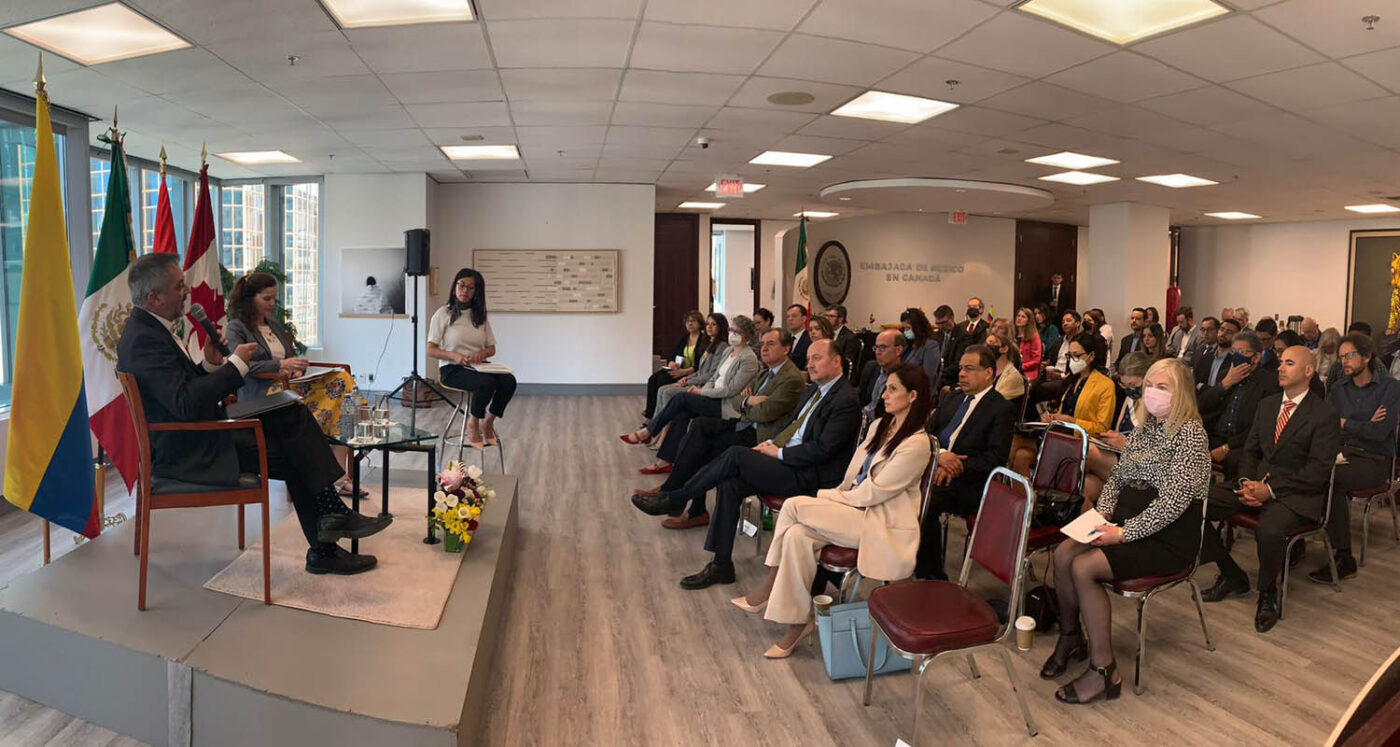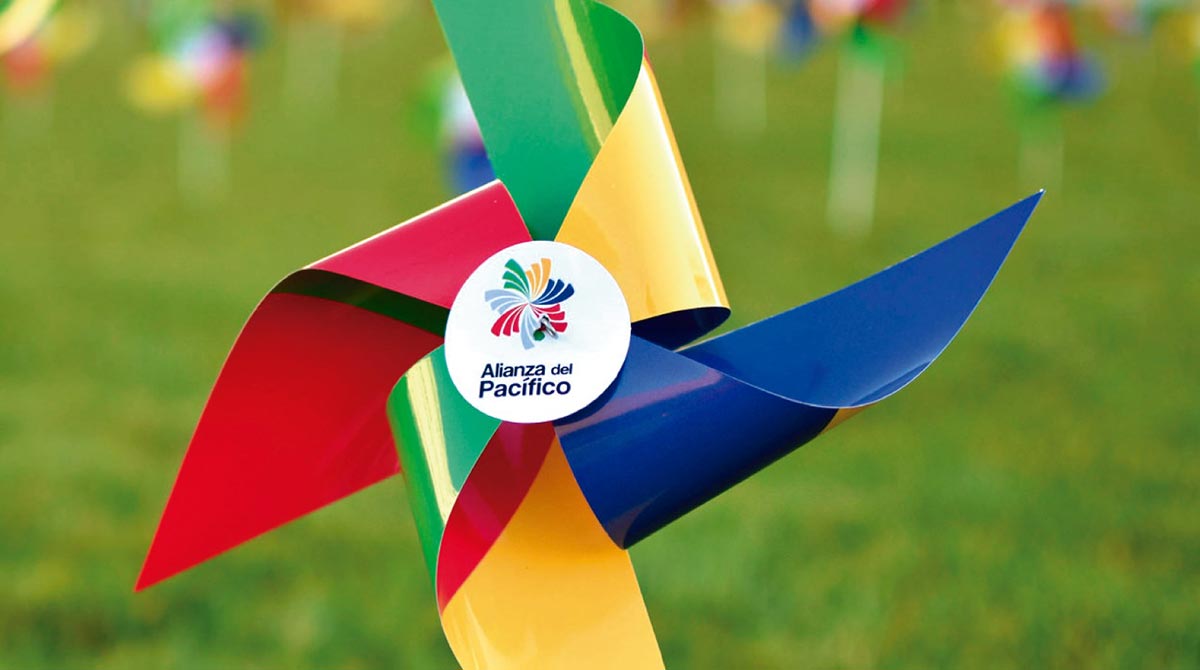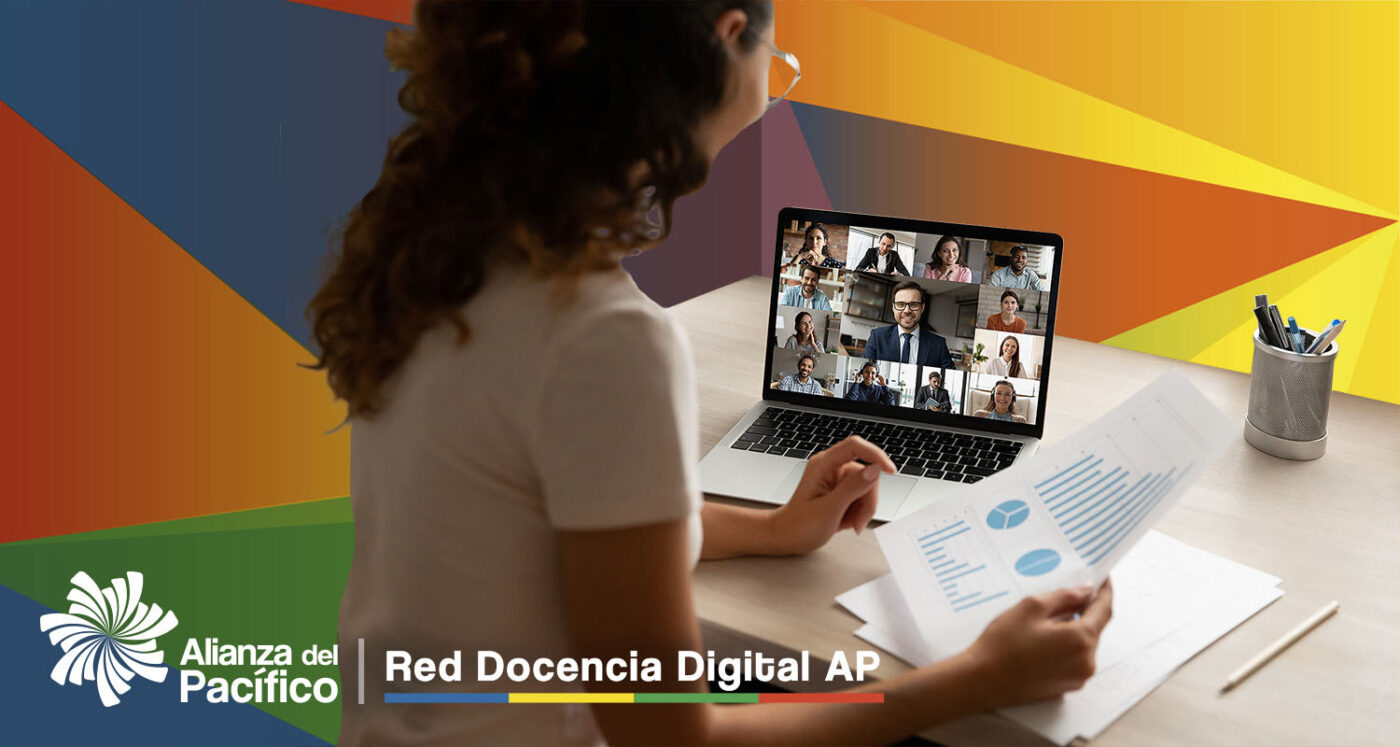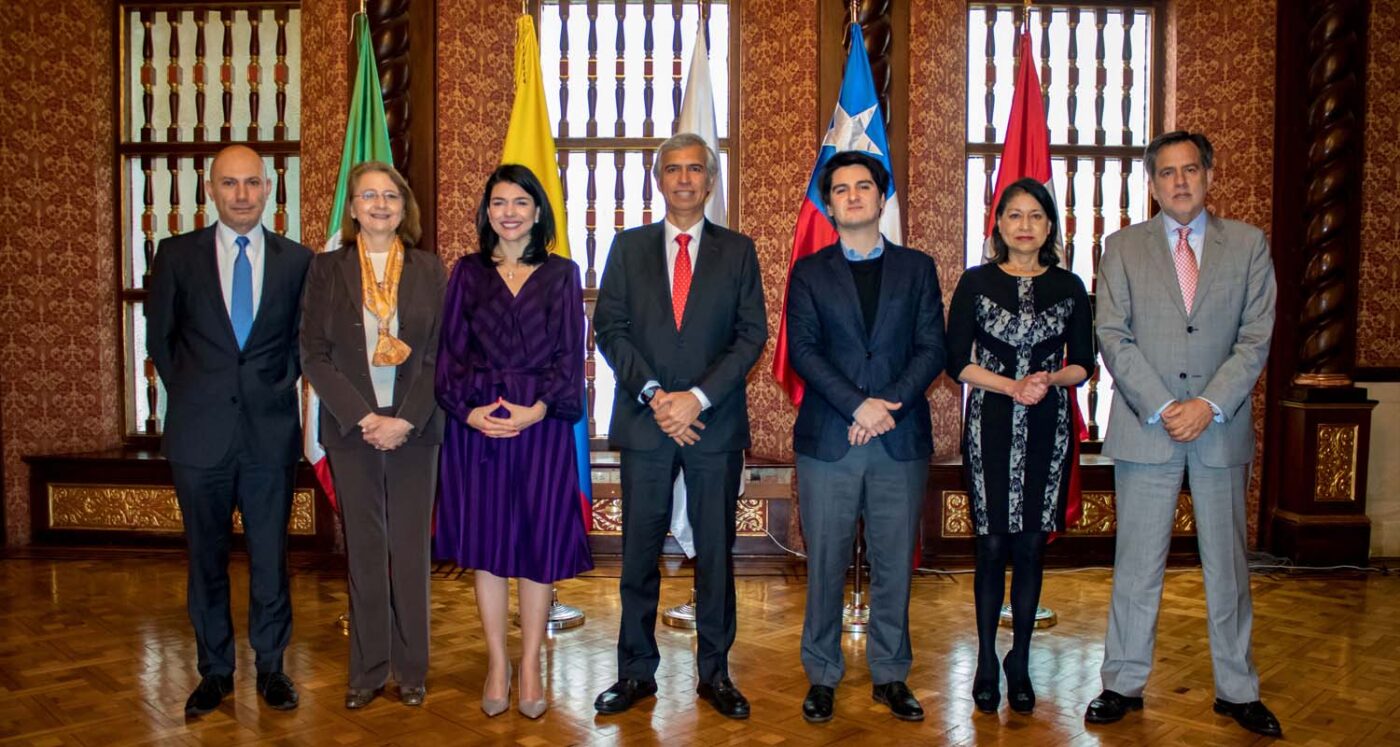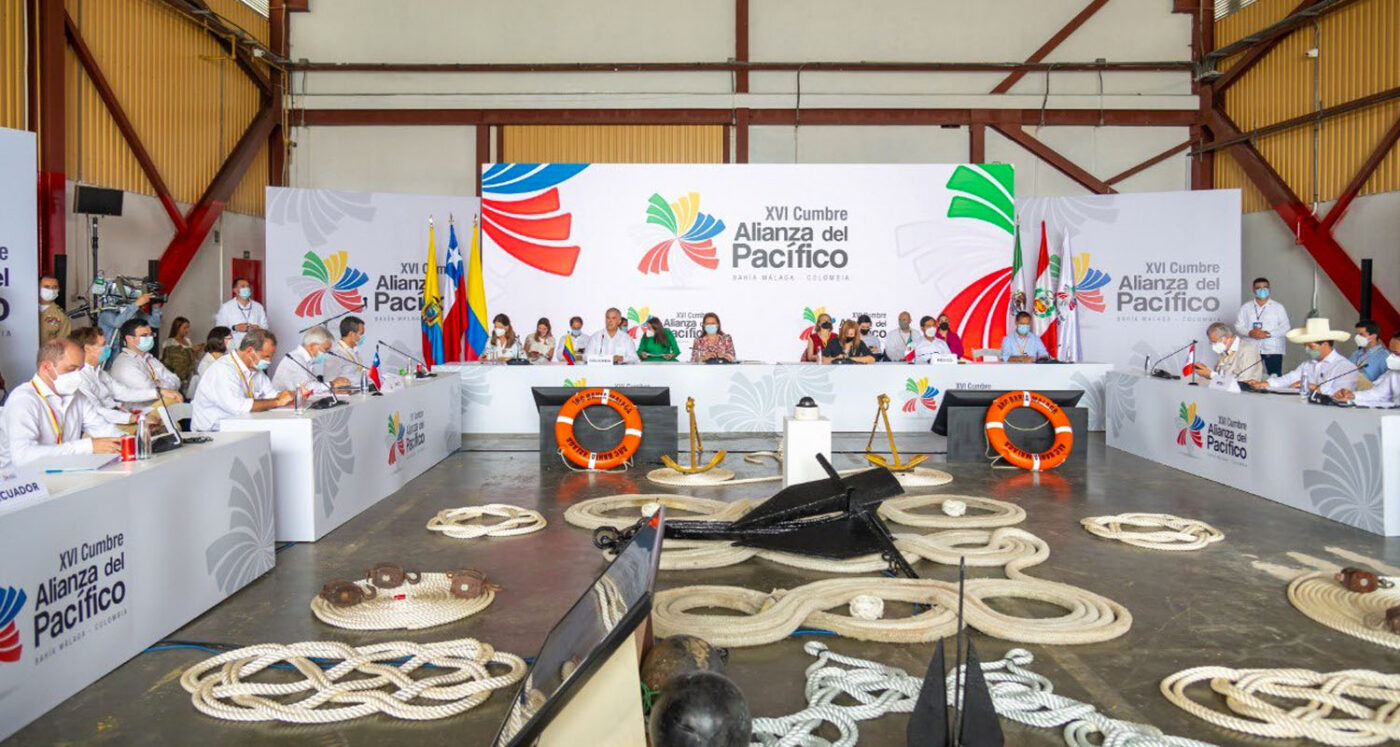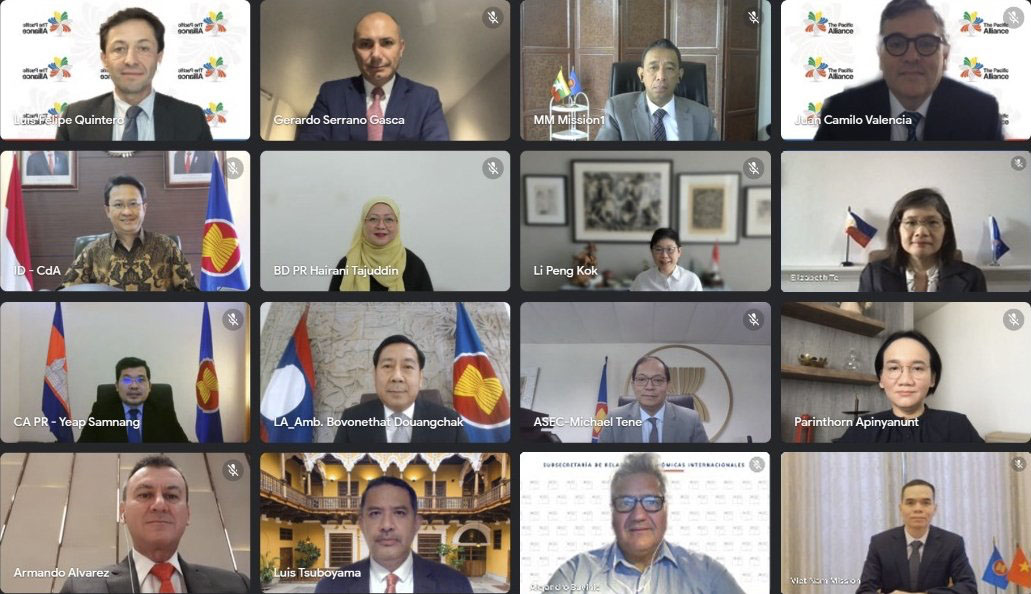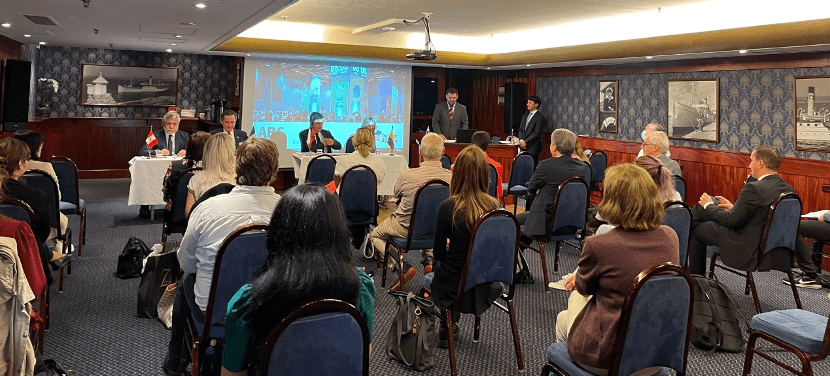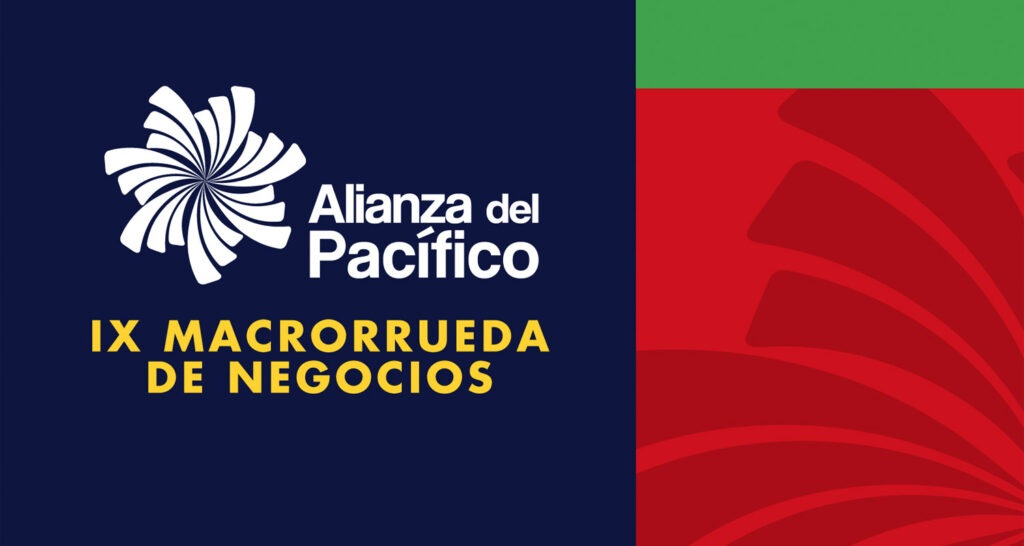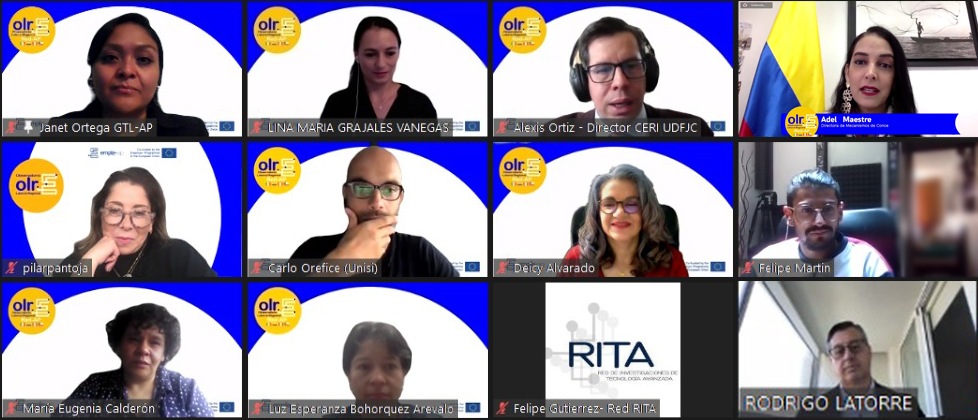Ottawa, Canada, May 13, 2022. On the occasion of the 11th anniversary of the establishment of the Pacific Alliance, the embassies of Chile, Colombia, Peru and Mexico to Canada hosted a panel discussion entitled “A sustainable and inclusive economic recovery in a time of upheaval: The role of the Pacific Alliance”.
The panel discussion included the participation of Dr. Meredith Lilly, Associate Director of the Masters in International Affairs at Carleton University, Dr. Pablo Heidrich, Associate Professor of International Political Economy at Carleton University, and Adriana Vega, Director of International Banking Communications at Scotiabank, as moderator.
During the discussion, panelists addressed the priorities of the Pacific Alliance amid Mexico’s pro tempore presidency, including the promotion of digital commerce; streamlining the processes involved in the flow of goods; greater access to goods and services to the benefit of small and medium-sized enterprises – notably those led by women, as they have greater potential to insert themselves in the trade dynamics between the four countries; and how these efforts can be coordinated with our Canadian partners.
This in-person event took place at the Embassy of Mexico in Canada and was joined by representatives in the fields of politics, academia, and business in the Canadian capital, who gained a thorough understanding of the relevance of this successful mechanism of regional integration and the existing opportunities to expand the ties with Canada. The four countries offered samples of their regional refreshments.

